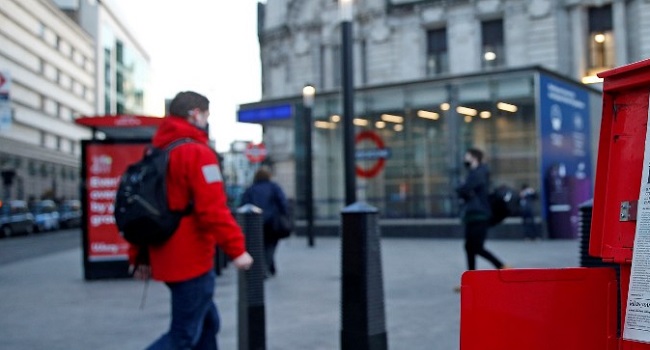
Junior hospital doctors in England commenced a five-day strike on Thursday, June 27, 2024, just one week before the general election. The state of the National Health Service (NHS) is a central issue in the upcoming election.
This strike is the latest in nearly a dozen similar actions by doctors below the consultant level over the past 18 months. The NHS is already struggling with a massive backlog due to the Covid-19 pandemic, and the repeated strikes have further exacerbated the situation. Patients face significant delays in operations, cancer treatments, and routine appointments, with a recent survey indicating that less than a quarter of Britons are satisfied with the NHS.
The striking doctors are demanding a 35 percent “pay restoration” to address the ongoing cost-of-living crisis. They have stated their willingness to call off the strike if Prime Minister Rishi Sunak’s government presents a credible commitment to increase their pay.
Political Implications:
The strike is set to continue until Tuesday, just two days before the general election on Thursday. The opposition Labour Party, expected to win the election, has indicated through its health spokesman, Wes Streeting, that while they would not meet the 35 percent demand, there is room for discussion on pay increases.
In 2023, high inflation led to widespread walkouts across various sectors, from teachers to train drivers. While many pay disputes have been resolved, the dispute with junior doctors remains unresolved. The Conservative government, led by Sunak, has labeled the doctors’ demands as unaffordable given the strained public finances and has accused strike organizers of having political motives.
Conclusion:
As the NHS grapples with significant challenges, the outcome of the strike and the upcoming election will be crucial in determining the future of healthcare and labor relations in England.




аккаунт для рекламы купить аккаунт
Account Trading Service Accounts market
Account Exchange Service Database of Accounts for Sale
account market secure account purchasing platform
account trading service account acquisition
verified accounts for sale sell pre-made account
buy accounts account exchange
social media account marketplace https://social-accounts-marketplace.live
ready-made accounts for sale https://accounts-marketplace-best.pro
buy facebook ads accounts buying facebook accounts
facebook ad account for sale facebook ads accounts
What your stating is completely authentic. I know that everyone ought to say the identical issue, but I just feel that you area it in a way that each and every man or woman can recognize. I also adore the photographs you set in right here. They suit so properly with what youre producing an try to say. Im assured youll achieve so several individuals with what youve acquired to say. Try to Visit My Web Site : Link Daftar Slot Deposit QRIS 10rb Modal Kecil Cuan Maksimal
buy accounts facebook https://buy-accounts.click
buy google ads verified account https://sell-ads-account.click
facebook bm account https://verified-business-manager-for-sale.org/
buy tiktok ads account tiktok ads agency account